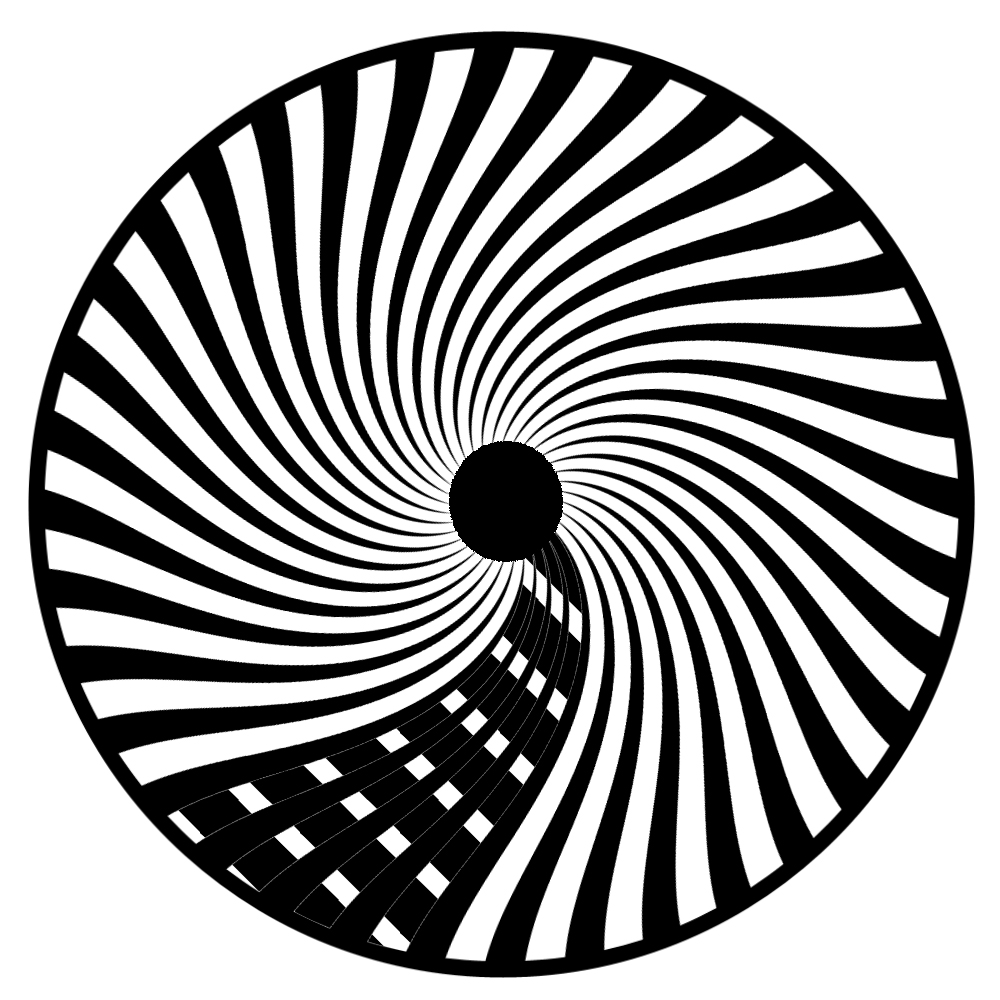Dr. McFarlane: “So, we came to deliver the TAP-3 appliance, today… to follow-up. We delivered it last week. And now, we’re following up to see, ‘How does it feel?’”
Patient: “It’s great.”
Dr. McFarlane: “OK. Now, tell me a little bit about what you were telling me earlier about sleep. How was your quality of sleep?”
Patient: “Well, before, you know my snoring would wake me up.”
Dr. McFarlane: “OK.”
Patient: “[With this appliance] I could tell the first night that I slept all the way through the night. And I actually woke up, earlier than the alarm. And it felt good! I didn’t feel really tired!”
Dr. McFarlane: “Alert?”
Patient: “Yes.”
Dr. McFarlane: “For the first time in…?”
Patient: “A long, long time – Several years.”
Dr. McFarlane: “And you were comparing that to falling asleep on the couch?”
Patient: “So, when I didn’t have it in… so, I wore it for about a week and then on the weekend I didn’t wear it and I woke myself up in the middle of the night. And I could tell the difference.”
Dr. McFarlane: “And the reality was, you were snoring possibly losing airway function.”
Patient: “Yes. This is so much better than having a tube running around on your face. Like a CPAP.”
Dr. McFarlane: “So, you’re describing a CPAP. What do you think the issue is with a CPAP when you describe that?”
Patient: “Well, I’ve never had one on. But, it just looks like it would be very cumbersome and when I turned over I might jar it loose.”
Dr. McFarlane: “We know the success rate on CPAPs is about 49% at 1-year. People can’t tolerate wearing it. But, you’re not the first person that when we look at the guard has said, ‘Man, that is changing my life.’ (That after wearing it for a few days,) you start going, ‘Man, I am not going back.’ And tell me, you said, ‘it was kind of like biofeedback for you.’ Talk to me about that.”
Patient: “Yes, the first night I wore it I could feel some tension in my jaw. And I’ve had some issues with TMJ. It made me really relax and not hold so much tension in the joint. So, after 3 or 4 days then I was not even really aware of it. It wasn’t like hurt, like deep pain. It was just sore, at first.”
Dr. McFarlane: “At first, you felt some soreness. You’ve been clenching you jaw shut, for who knows how long, to hold your jaw in a certain position when you sleep and that grinding has been associated for you with probably some snoring, (maybe sleep apnea events – we don’t know.) But, what we do know for sure is that your airway (when it’s open,) you can actually relax your jaw. And that’s holding your jaw forward.”
Patient: “And my teeth looked whiter. But, I know that’s not the cause.
Dr. McFarlane: “[Joke] Even whiter teeth – what are you going to do?”
Patient: “Yep. I’m happy.”
